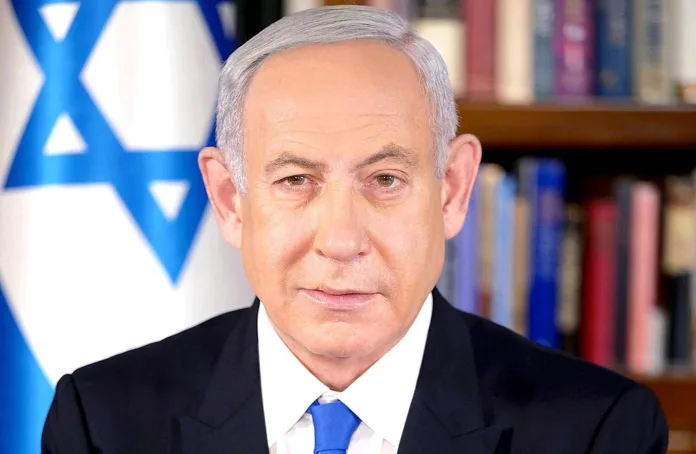Although unlikely to lead to immediate legal action, the ICC’s warrant may challenge Israel’s relationships with global allies and international institutions
The International Criminal Court (ICC) has issued arrest warrants for Israeli Prime Minister Benjamin Netanyahu and former Defence Minister Yoav Gallant, accusing them of committing crimes against humanity and war crimes during Israel’s military actions in Gaza. While the likelihood of these charges leading to a trial is low, given that Israel is not a member of the ICC and the warrants are unlikely to affect Netanyahu’s movements in most of the world, the impact on Israel’s international relations could be profound.
The ICC’s decision represents a significant escalation in the ongoing international legal scrutiny of Israel’s military actions in Gaza. Netanyahu and Gallant are accused of involvement in actions that have led to widespread civilian casualties and suffering. While neither of them is likely to travel to any of the 125 countries that are obligated to arrest them under ICC treaties, the political fallout may affect Israel’s relationships with its key allies.
Countries like Australia, which are part of the ICC and have legal obligations to enforce the warrants, now face a difficult decision: should they continue to support Israel unconditionally, or should they uphold international legal standards? The warrants add a layer of complexity to this debate, especially in light of the ongoing conflict and Israel’s controversial military strategies.
Embed from Getty ImagesJanina Dill, a professor of International Law at the University of Oxford, emphasized that Netanyahu continues to be directly involved in decisions affecting the Gaza war, including issues of humanitarian access and the use of force. The ICC’s charges are not just symbolic; they reflect ongoing concerns about the conduct of the war, suggesting that the impact of the arrest warrants may ripple through global politics in ways that go beyond legalities.
This move has heightened tensions between the priorities of Israel’s allies and their commitments to international law. For nations that have strongly supported Israel’s right to defend itself, the ICC’s decision poses a difficult question: Can they continue to support Israel’s military actions while also backing international institutions that champion human rights and accountability?
While the arrest warrants may not change the immediate course of the conflict in Gaza, they have opened a new front in the diplomatic challenges Israel faces as it navigates its international relations. The issue could also affect Israel’s ongoing support in international forums, particularly among European nations and others that have been critical of Israel’s handling of the Gaza conflict.
